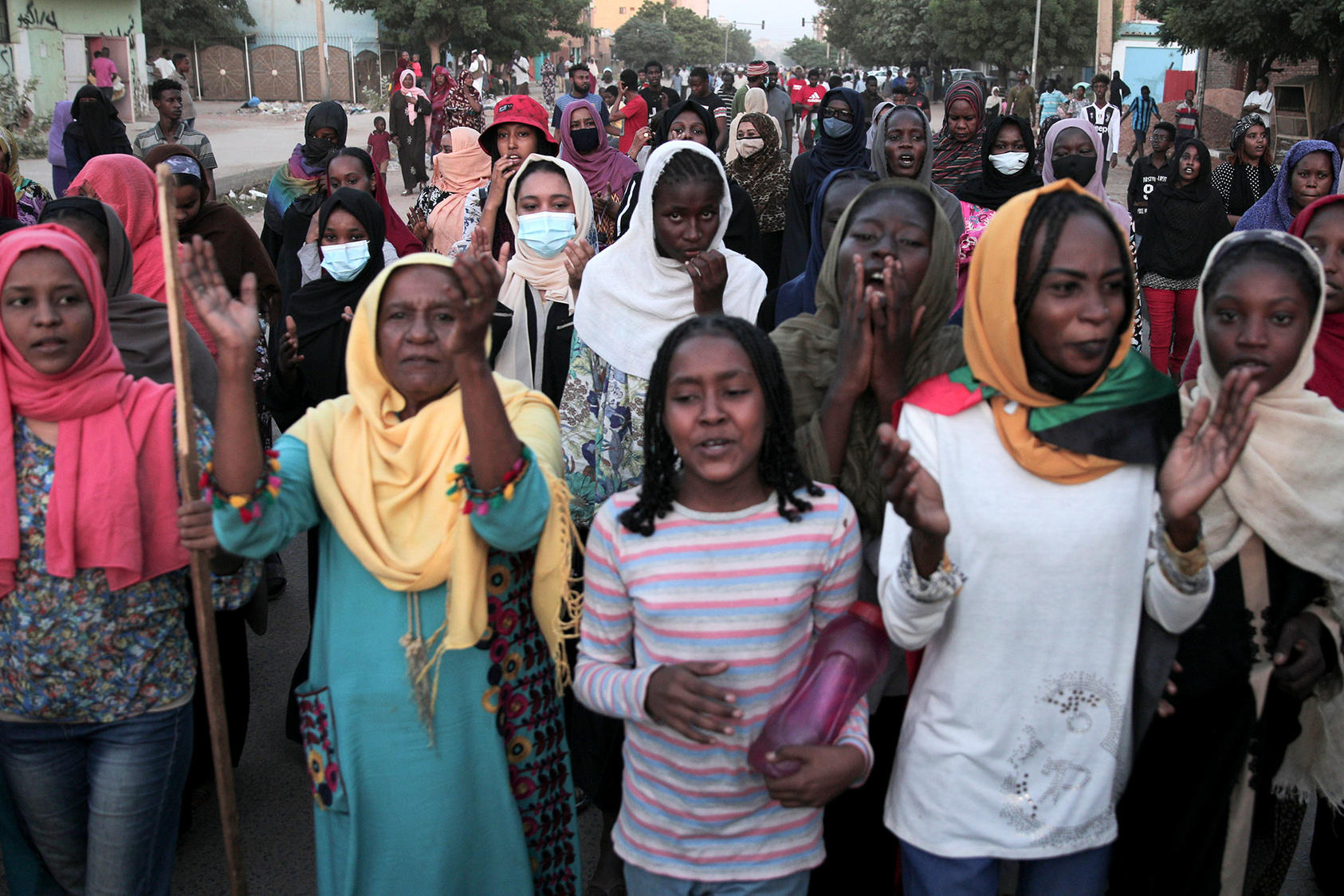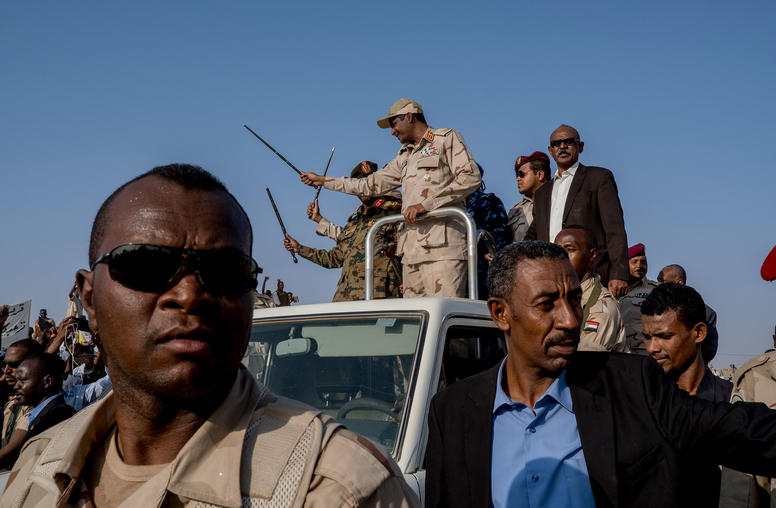Darfur after Bashir: Implications for Sudan’s Transition and for the Region
This report examines the role of Darfur in Sudan’s domestic politics and international relations since the overthrow of Omar al-Bashir in 2019. It traces how Darfur’s importance has shifted with the growing aspirations and power of Mohamed Hamdan Daglo – more commonly known as Hemetti – and the Rapid Support Forces that he governs. It concludes by examining where Western actors may have leverage to push for both peace in Darfur and civilian rule.

Summary
- Although nominally members of the revolutionary coalition that overthrew the regime of Sudanese president Omar al-Bashir in April 2020, Darfuri rebel movements have played little role in the subsequent political transition.
- However, one of the key powerbrokers in post-Bashir Sudan is a Darfuri known as Hemetti, whose Rapid Support Forces now constitute an armed force rivaling the Sudan Armed Forces.
- With its politics still unsettled, Darfur is likely to determine whether Sudan will achieve a lasting peace or relapse into war between its center and its historically marginalized peripheries. Despite the Juba peace agreement that Hemetti helped broker in October 2020 between Darfuri rebel groups and the government, violence could intensify in the wake of the October 2021 coup.
- Hemetti—and by extension Darfur—is also at the center of the reconfiguration of Sudan’s regional relations, particularly with Chad and Libya.
- Western actors have limited but real leverage that they could use not only to put pressure on military players, but also to encourage pro-democracy groups in Khartoum and rebels and their supporters in the peripheries to reconcile their ambitions.
About the Report
Based on fieldwork conducted in late 2020 and early 2021 in North, West, and Central Darfur, as well as Khartoum, this report examines the political and security dynamics in Darfur since the overthrow of Sudanese president Omar al-Bashir and assesses Darfur’s significance in Sudan’s national and international politics. Research for this report was supported by the Africa Center at the United States Institute of Peace.
About the Author
Jérôme Tubiana is a researcher specializing in conflict and migration across Sudan, the Horn of Africa, and the Sahara. He is the author of three previous reports for USIP and Chroniques du Darfour, a book on the Darfur conflict. His work has also been published in Foreign Affairs, Foreign Policy, and the London Review of Books. Research for this report was undertaken prior to his joining Médecins Sans Frontières as an operational adviser.




